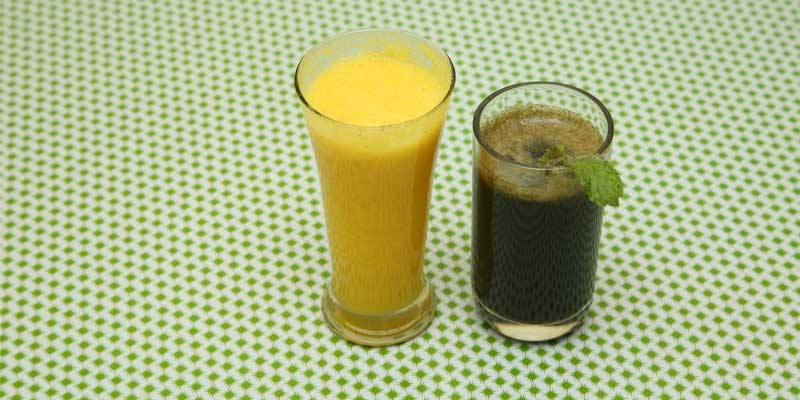FASTING THERAPY
The word is derived from the old English, ‘feastan’ which means to fast, observe, be strict. Fasting is the nature’s oldest, most effective and yet least expensive method of treating disease. It is a complete voluntary abstinence from taking any kind of food for a definite period of time. During the process, the body lives in reserve (Dr.Herbert M.Shelton). The saints of medieval times laid great stress on this method. Numerous references related to fasting are present in the sacred books and writings of the ancient Greeks. According to Naturopathy, when one fasts, the disease is not cured instead the body is given an opportunity to heal on its own. Review on intermittent fasting demonstrated that weight loss is a fairly consistent finding amongst fasting studies.
Therapeutic fasting is defined as the controlled and voluntary abstinence from all calorie-containing foods and drink for a specified period of time.
“Sarverogha mala vashaha, langhanamparamoushadham”
The meaning of the above sloka is that, cause of all disease is accumulation of foreign matter in the body and fasting is the supreme medicine for that. Jackson and other co-workers observed a 2-week water-only fast among seven obese diabetic and seven obese non-diabetic women. Both the groups showed significant reduction in plasma triglyceride and blood glucose levels along with an improvement in glucose tolerance in the diabetic group. Michael and other co-workers reported therapeutic intermittent fasting as a potential effective treatment for type 2 diabetes. When this was observed three times a week for 4 months there was a significant weight reduction and decrease of glycated hemoglobin levels. This therapy may be an effective treatment option of type 2 diabetes mellitus.
- Kroeger CM, Klempel MC, Bhutani S, Trepanowski JF, Tangney CC, Varady KA. Improvement in coronary heart disease risk factors during an intermittent fasting/ calorie restriction regimen: Relationship to adipokine modulations. Nutr Metab. 2012; 9(1):98.
- Jackson RA, Moloney M, Lowy C, et al. Differences between metabolic responses to fasting in obese diabetic and obese non-diabetic subjects. Diabetes. 1971; 20(4):214–227.
- Ku M, Ramos MJ, Fung J. Therapeutic fasting as a potential effective treatment for type 2 diabetes: A 4-month case study. Journal of Insulin Resistance. 2017 May 24;2(1):1-5.










